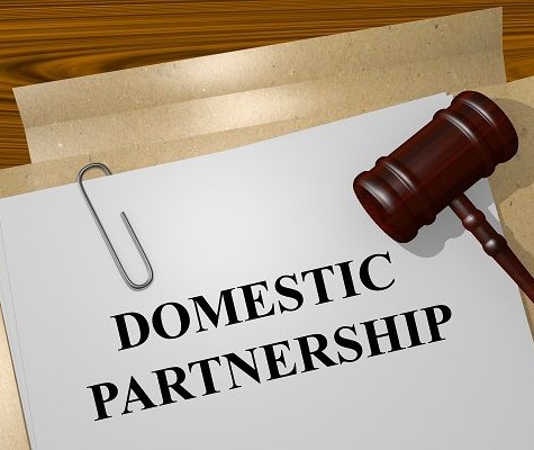Domestic Partnership Basics

In 2004, New Jersey passed a law called the Domestic Partnership Act. This law held that same-sex couples who were over the age of eighteen could enter into a domestic partnership. The law also allowed for opposite-sex couples who were over the age of sixty-two to enter into a domestic partnership. However, in 2007, New Jersey passed another law called the Civil Union Act, which changed the domestic partnership rights. That Act limited the availability of domestic partnerships to couples over the age of sixty-two, requiring those couples younger than that to opt for a civil union, instead. Even with the passing of the United States Supreme Court case Obergefell v. Hodges in 2015, domestic partnerships are still available in New Jersey and can provide important protections for couples who are eligible and opt for domestic partnership instead of marriage.
To qualify for a domestic partnership, the couple must be both of the same sex and both over the age of sixty-two years. They must also meet additional criteria. First, they must have a common residence or prove that they are “jointly responsible for each other’s common welfare.” This can be proven through joint ownership of a variety of assets such as a house, bank account or car, or by being the primary beneficiary of each other’s will, life insurance, or retirement plan. The applicants must also be jointly responsible for living expenses during the domestic partnership. Neither applicant can be married or a member of another domestic partnership, and cannot have been in a domestic partnership that ended in the last 180 days. The parties cannot be too closely related, must jointly file the Affidavit required to request the partnership, and must have committed themselves to share each other’s lives and care.
One advantage of domestic partnership is that it does not create a shared debt responsibility, as a marriage or civil union may do. This means that if the domestic partnership is dissolved, the debt will remain with the person who acquired the debt. Similarly, the property acquired during the domestic partnership is also not distributed at the end of the partnership. Domestic partners are also protected from discrimination, just as are those in a civil union or same-sex marriage.
The law surrounding same-sex marriage, civil unions, and domestic partnerships can be confusing. understand their position and what is best for their future. Contact us today at (732) 529-6937 and to talk about your domestic partnership and what is best for you.



